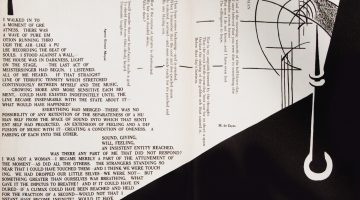
By Natalie Cincotta A German novelist and screenwriter, Norman Ohler first happened upon the topic of drug use in the Third Reich through a Berlin-based DJ, who told him that drugs were widespread at the time. Intending to write a novel on the subject, Ohler went into the archives in search of historical detail for […]








